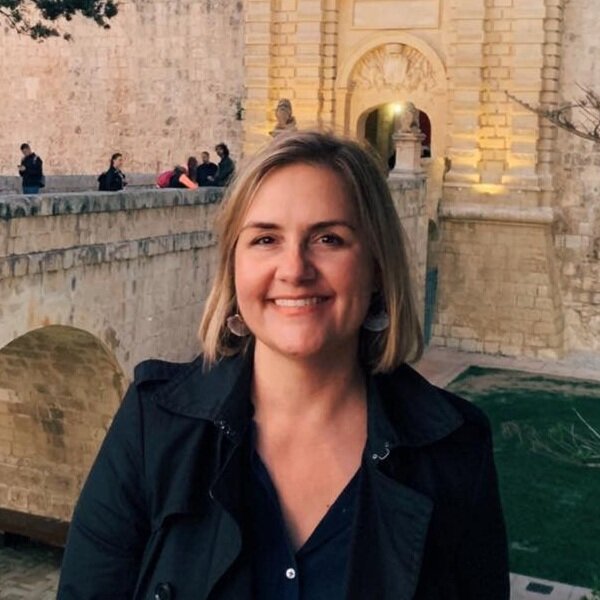Mothers, daughters, and the passing of batons
/Sisters in the kitchen, William Gedney, 1980 | via Duke University Collection,
. . .
"It was time," my mother said, that I learned a few things about cooking.
I stood in the kitchen doorway, all reluctance. Why? I wanted to ask.
[Later in the book, the main character Marie will explain to her friends out on the stoop: "Well, I don't want to learn," I said. "Once you learn to do it, you'll be expected to do it," and was amazed at the way my own words clarified for me what had been, until then, only a vague impulse to refuse.]
[...]The sound of her voice was more familiar to me then than my own; I knew the end of my mother's patience when I heard it.
"You tell me," I said softly. "You tell me what to do."
Behind me, I heard my mother cross her arms over her rickracked apron.
"There's a recipe in front of you," she said. "And unless I'm very much mistaken you know how to read. Read it."
I lowered my head the way I'd seen horses do, and dogs, when they didn't want to be led. "You tell me," I said again.
I heard her stamp her foot. "I won't." Anger always stirred my mother's brogue, like meat brought up from the bottom of a stew. "I wrote it out for you so you could read it. Now read it."
I didn't turn around. "Just tell me," I said.
"A recipe is meant to be read," my mother said.
I dipped my head again. "I'd rather you just tell me."
In the silence that followed, I could hear, faintly, the noise from the street, where I wanted to be: cars passing and children calling. There was also the distant thump of doors closing in the apartments below, various footsteps on the stair. There was the whine of someone's clothesline pulley. The chuckling warble of some pigeons at the window.
"Measure out your flour," my mother said slowly, relenting. I shifted my feet a bit to accommodate my triumph: better than risking a sly smile.
I put my hand on the measuring cup. "How much?" I said.
And now, even without turning around, I knew it was my mother who was smiling. "You'll have to read the recipe to find out," she said. "Won't you?"
It was a wonder, my mother said later, in every retelling of it, that we didn't kill each other on that bright morning. Slowly, through a series of niggling concessions on both our parts--some telling, some reading, some turning away in anger, and some giving in--the ingredients were placed into the bowl and the bread was shaped and lifted into the black frying pan. When my mother brushed past me to mark the cross on its surface, her hands were trembling with anger.
[...] But my mother merely stood beside me with her hands on her hips, studying her stubborn daughter once more, even as that daughter kept her exaggerated, myopic stare on the clock. "I suppose this is how it's going to be," she said softly, more to herself than to me. "You're growing up." And then, for a moment, she put a gentle hand to my head.
She said, "God help us both," and left the kitchen.
-from Someone by Alice McDermott
You should read it.
As a side note, I lament the things I chose not to learn from my own mom when I was a teen, sure as I was that I would--what?--live a vastly different life, maybe? As a daughter, I remember it not feeling like an outright rejection of my mom's plentiful talents and sacrifices but rather a stubborn struggle to find and claim my own distinct strengths, apart from her. Still, I regret that her accomplished music (she plays the harp! how could I not learn the harp from my own in-house mom harpist?!), kitchen finesse, and many creative skills were just a few of the batons I chose not to pick up from her outstretched hand. Not then.
As a mother myself now I can hardly be surprised as I watch my daughters choose or discard the batons, often independent of my outstretched offerings. My lesson from before is just this: not to take it personally.
. . .
- NY Times review of Someone here
- Interview with McDermott on the Diane Rehm show


















